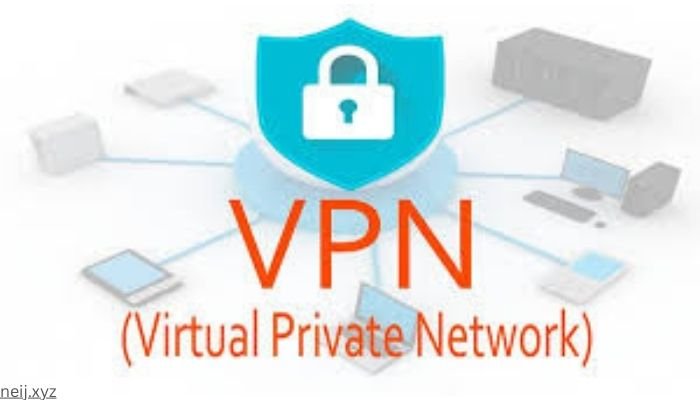In an era where online privacy is more crucial than ever, virtual private network software has become an essential tool for individuals and organizations alike. Whether you’re working remotely, streaming content, or simply browsing the web, a VPN ensures your online activities remain private and secure. This article dives deep into what VPN software is, how it works, its benefits, and what to look for when choosing the right one for your needs.
What is Virtual Private Network (VPN) Software?
Virtual private network software is a tool that creates a secure and encrypted connection between your device and the internet. By rerouting your internet traffic through an encrypted tunnel, a VPN masks your IP address, ensuring your online identity and data remain protected from hackers, government surveillance, and even your internet service provider (ISP).
The primary purpose of VPN software is to enhance online privacy, but it also offers other benefits, such as bypassing geographical restrictions and accessing restricted content.
How Does VPN Software Work?
A VPN operates by encrypting your internet traffic and redirecting it through secure servers in different locations. Here’s a simplified breakdown of the process:
- Connection to a Server: Once you activate the VPN, it connects your device to a server located in a region of your choice.
- Encryption of Data: The VPN software encrypts all your data before it leaves your device, ensuring it’s unreadable to third parties.
- IP Masking: Your actual IP address is replaced with the server’s IP address, making it difficult to trace your online activities.
- Secure Data Transmission: The encrypted data travels to its destination, keeping it safe from potential eavesdroppers.
Key Benefits of Using Virtual Private Network Software
1. Enhanced Privacy and Security
VPN software encrypts your data, protecting sensitive information like passwords, bank details, and personal conversations. This is particularly useful when using public Wi-Fi networks, which are often targeted by hackers.
2. Bypass Geo-Restrictions
Many streaming platforms and websites restrict content based on geographical locations. A VPN lets you choose a server in another country, enabling you to access region-specific content.
3. Avoid Bandwidth Throttling
ISPs often throttle internet speeds when they detect high data usage. With a VPN, your online activities are hidden from your ISP, helping you maintain consistent speeds.
4. Secure Remote Work
With the rise of remote work, companies rely on VPNs to provide employees with secure access to sensitive company data. VPNs ensure that data shared over the network remains protected from cyber threats.
5. Anonymity Online
Using virtual private network software, you can browse the internet anonymously. Your IP address and location remain hidden, offering a layer of protection against intrusive tracking and targeted advertising.
Choosing the Right Virtual Private Network Software
With countless VPN options available, finding the right one can be overwhelming. Here are some factors to consider:
1. Security Features
Look for VPNs with strong encryption standards, such as AES-256, and additional features like a kill switch, DNS leak protection, and multi-hop connections.
2. Server Locations
Choose software with a wide network of servers across multiple countries. This ensures better speeds and more options for bypassing geo-restrictions.
3. Speed and Performance
A good VPN should provide high-speed connections without noticeable lags. Check for reviews that highlight the software’s performance during streaming and gaming.
4. User-Friendly Interface
Opt for VPN software that is easy to install and use, even for beginners. A clean interface with straightforward options makes the user experience seamless.
5. No-Logs Policy
Privacy is the core function of a VPN. Ensure the provider has a strict no-logs policy, meaning they don’t store any of your online activity.
6. Cost and Plans
While free VPNs exist, premium versions often offer better security, faster speeds, and more features. Compare pricing plans to find one that fits your budget.
Popular Virtual Private Network Software Options
Here are some reputable VPN providers to consider:
- ExpressVPN: Known for its high-speed servers and excellent security features.
- NordVPN: Offers advanced encryption, a vast server network, and specialty servers for specific needs.
- Surfshark: An affordable option with unlimited device connections and robust privacy features.
- CyberGhost: Ideal for beginners, with easy setup and dedicated servers for streaming.
- ProtonVPN: Focuses on privacy with a strong no-logs policy and free plans with decent features.
Final Thoughts
In today’s digital landscape, ensuring your online safety is not optional—it’s essential. Virtual private network software provides a simple yet powerful way to secure your data, maintain privacy, and access restricted content. Whether you’re a frequent traveler, a streaming enthusiast, or a remote worker, investing in a reliable VPN can significantly enhance your online experience.
